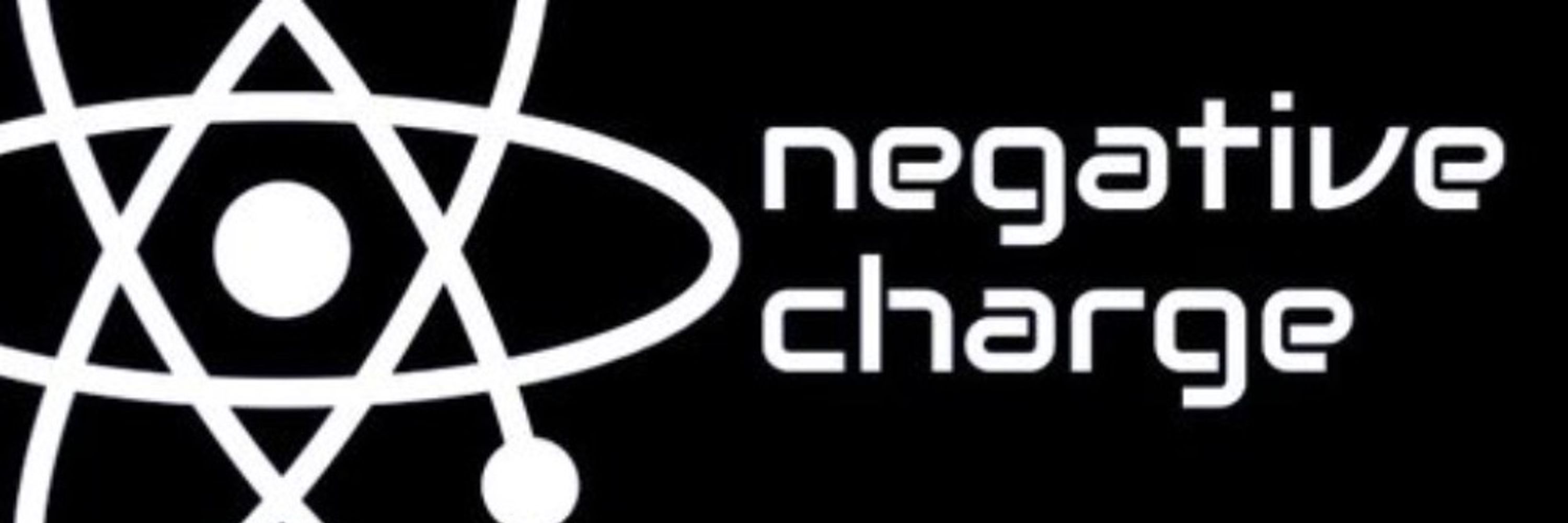
⎍∧∿⩘
Looking to get some feedback on compatibility with real hardware before I publish the final version to my website. Still may be one or two small bugs to fix.
Looking to get some feedback on compatibility with real hardware before I publish the final version to my website. Still may be one or two small bugs to fix.
Hopefully that's the whole disk and demo programs converted now. I'll package this up properly and post a link on Stardot.
Hopefully that's the whole disk and demo programs converted now. I'll package this up properly and post a link on Stardot.
Here’s a work in progress build for you all to try on @0xc0de.bsky.social ’s excellent emulator.
Not sure the SWRAM version works yet, so load option 1, then CHAIN “DEMO” or reboot the disk.
0xc0de6502.github.io/electroniq/?...
Here’s a work in progress build for you all to try on @0xc0de.bsky.social ’s excellent emulator.
Not sure the SWRAM version works yet, so load option 1, then CHAIN “DEMO” or reboot the disk.
0xc0de6502.github.io/electroniq/?...
A lot of optimization needed, but I have a full disassembly that compiles to a byte identical binary and is relocatable. Speech! on the BBC Micro uses 4-bit values for attenuation, which I have to reduce to 1-bit on the Acorn Electron so quite a bit of fidelity is lost.
A lot of optimization needed, but I have a full disassembly that compiles to a byte identical binary and is relocatable. Speech! on the BBC Micro uses 4-bit values for attenuation, which I have to reduce to 1-bit on the Acorn Electron so quite a bit of fidelity is lost.
As this was converted via the Euphoria emulator in DOSBox, it won't sound 100% accurate (easier to convert .pt3 files). demozoo.org/productions/...
As this was converted via the Euphoria emulator in DOSBox, it won't sound 100% accurate (easier to convert .pt3 files). demozoo.org/productions/...
Here's another SN76489 conversion you may be familiar with...
Here's another SN76489 conversion you may be familiar with...
Made some useful optimisations on the LZSS decoder which saves a number of cycles every frame.
Here's a track that may sound vaguely familiar...
Made some useful optimisations on the LZSS decoder which saves a number of cycles every frame.
Here's a track that may sound vaguely familiar...
Using the original MIDI tracks by Aiden Bell as the source: www.dream-ware.co.uk/elite/music/
Difficult to compress into a single channel with no volume control!
0xc0de6502.github.io/electroniq/?...
Using the original MIDI tracks by Aiden Bell as the source: www.dream-ware.co.uk/elite/music/
Difficult to compress into a single channel with no volume control!
0xc0de6502.github.io/electroniq/?...
github.com/NegativeChar...

github.com/NegativeChar...

